Born in 1835, Mackenzie entered the Bengal Army in 1854, became Lieutenant-Colonel in 1878, and Colonel four years later. He belonged to the 3rd Bengal Light Cavalry that also broke into rebellion in Meerut, and commanded the 8th Irregular Cavalry at Bareilly when they rebelled. He was also part of the British forces that seized and captured Delhi and Lucknow. Appointed to the regiment of the Bengal Cavalry, he led his regiment as Lieutenant-Colonel during the Second Afghan War, 1879-80. Thereafter, he served as honorary ADC to Lansdowne, the Viceroy. A man of integrity and liberal views, who deplored the severity of the reprisals against the ‘rebels,’ Mackenzie, an eyewitness to the 1857 ‘Revolt’, wrote Mutiny Memoirs based on ‘conclusive contemporary documentary evidence’ of the ‘Revolt’. Historian Mushirul Hasan analyses the representations of 1857 in Mackenzie’s text, incorporating in his analysis the insights of Jawaharlal Nehru, who contextualised 1857 in the light of latter day anti-colonial movements in Asia and Africa, differentiating Nehru’s frame of analysis from that of other chroniclers—British and Indian—of 1857. The reader is also invited to reflect on how some of Delhi’s prominent citizens coped with the post-1857 decades; the ‘English Peace’; the city’s supposed ‘decline’ and ‘decay’; the so-called Muslim ‘estrangement’ from the British government; and last but not least, the ‘collapse’ of Muslim civilisation generally, bemoaned—legitimately or otherwise—by several Urdu writers and poets.
Mutiny Memoirs: Being Personal Reminiscences of the Great Sepoy Revolt of 1857
In stock
Free & Quick Delivery Worldwide
reviews
Bibliographic information
Title
Mutiny Memoirs: Being Personal Reminiscences of the Great Sepoy Revolt of 1857
Author
Edition
Ist ed.
Publisher
Niyogi Offset Pvt. Ltd, 2008
ISBN
9788189738327
Length
172p., Map; Illustrations; 23cm.
Subjects

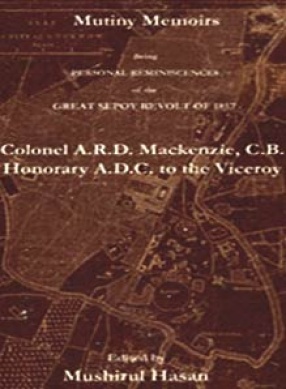
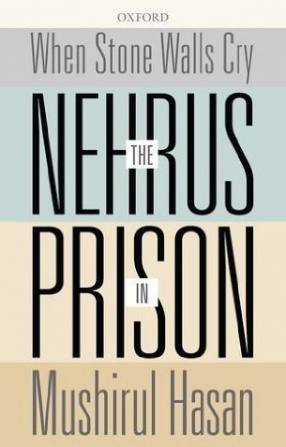
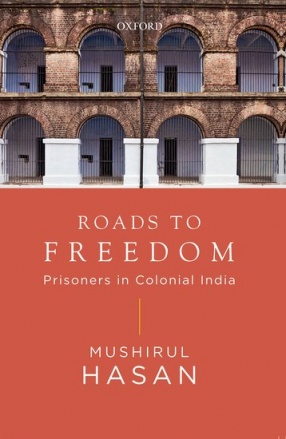
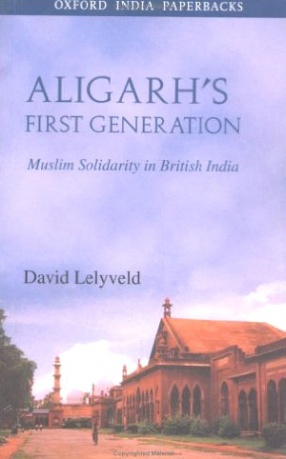
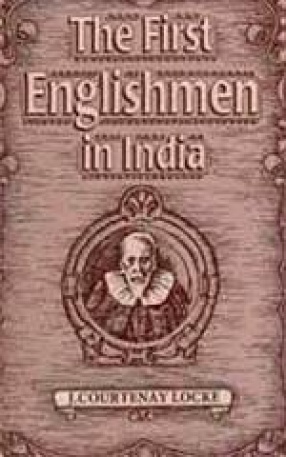
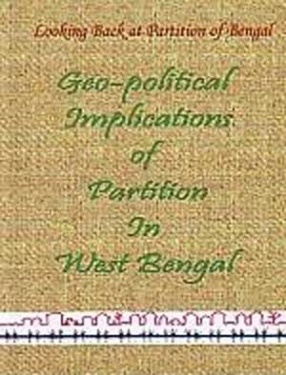
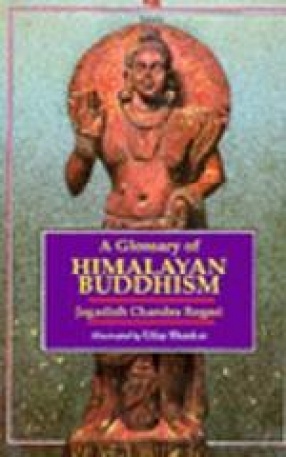
There are no reviews yet.